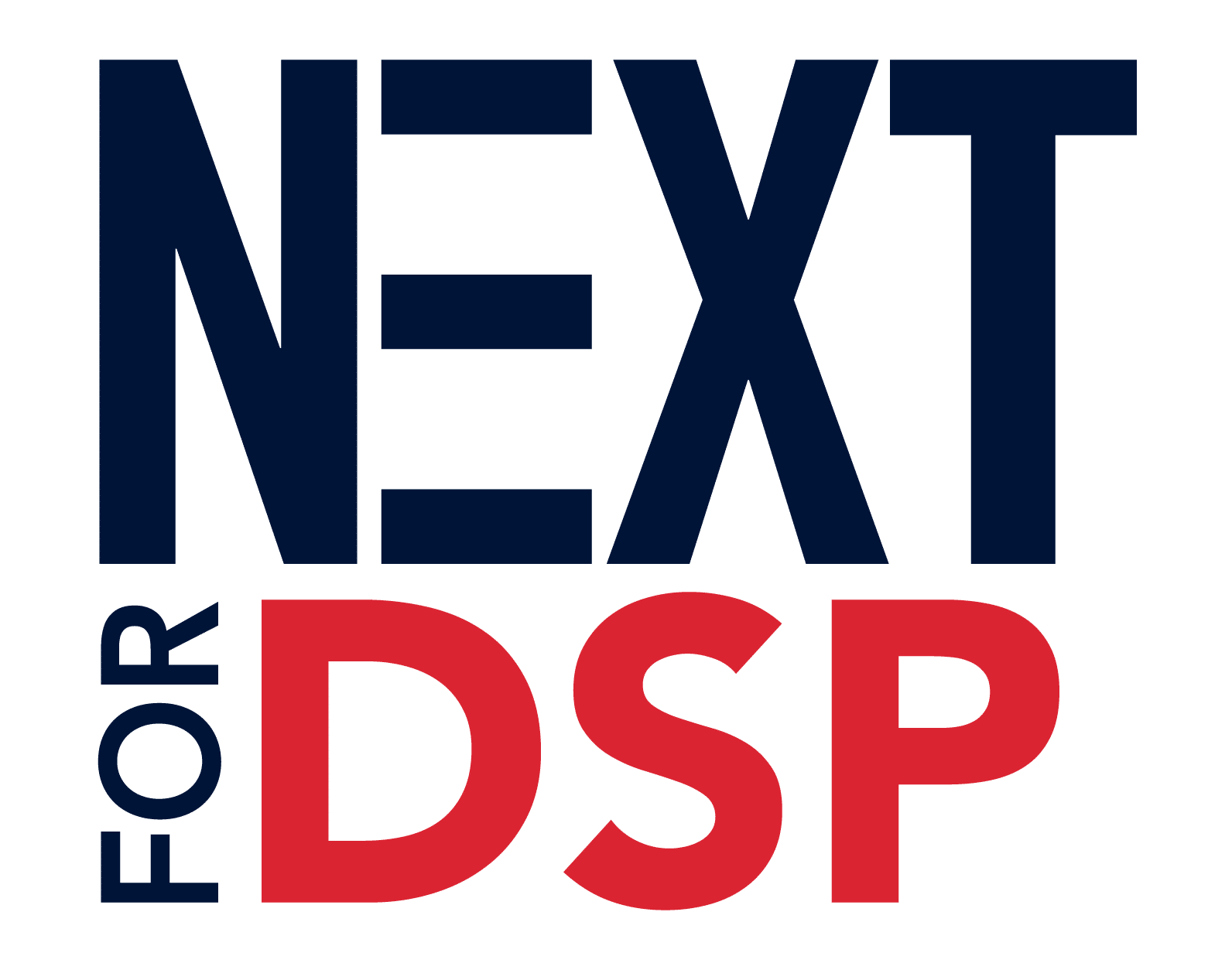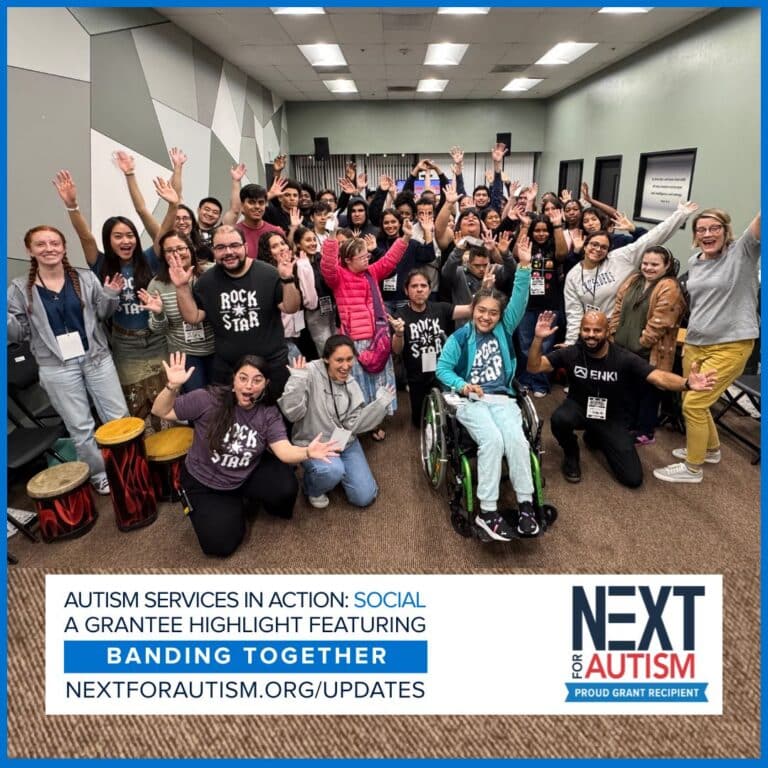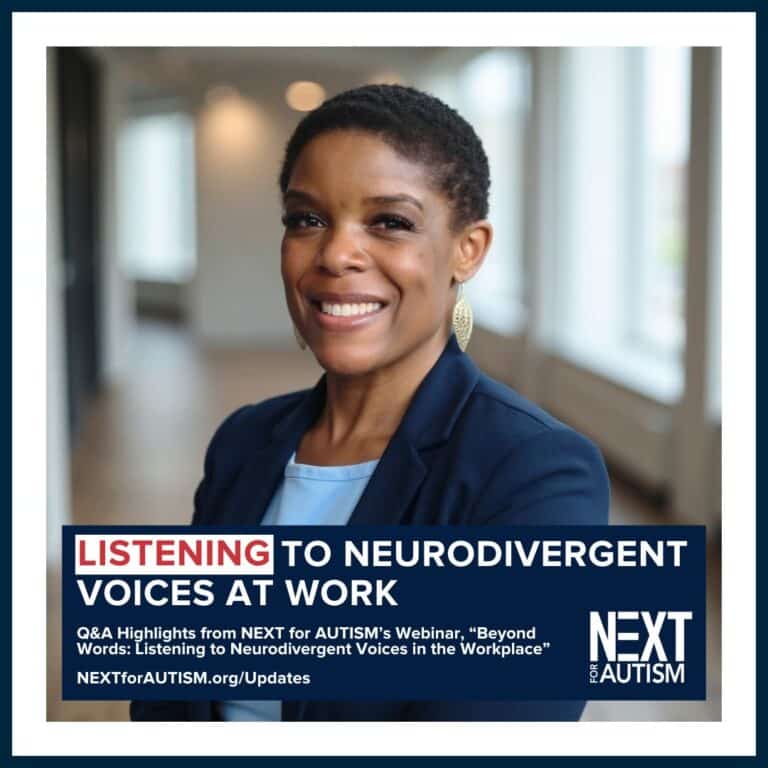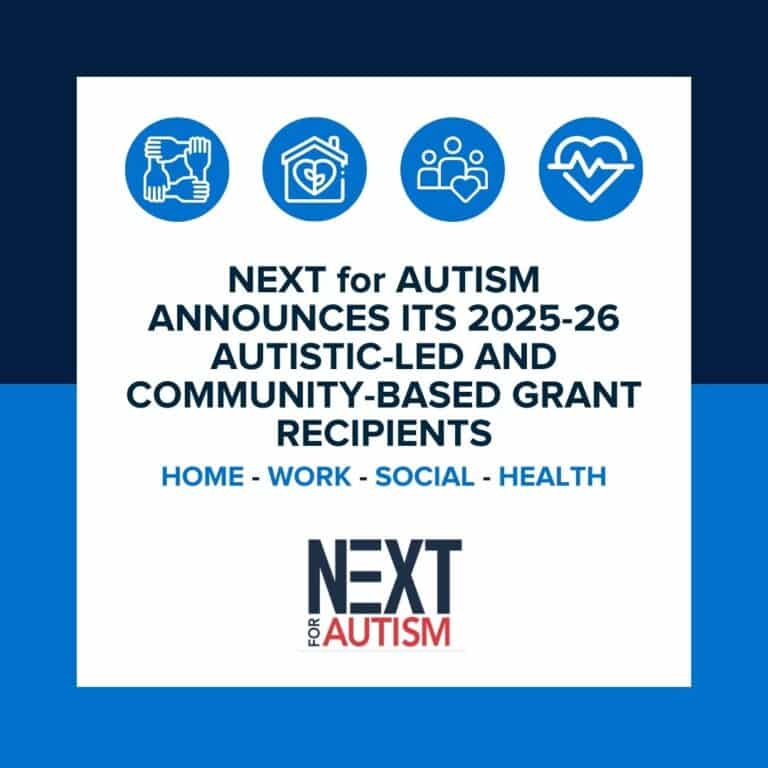By Brad Walker, Vice-President, Strategic Adult Initiative at NEXT for AUTISM and
Shelly May, Deputy Director, Johnson County Developmental Supports/Board President – InterHab
Autistic and intellectually developmentally disabled (IDD) adults desperately need quality community-based professional support. Close to 200,000 autistic individuals are waiting for access to a safe home and professionally developed DSPs, where they are encouraged to learn and continue to grow throughout their adult life (Larson et al., 2020). Over the next decade, more than 500,000 children will age out of educationally based services and attempt to become part of adult service programs (Rieske, 2019).
Direct support professionals (DSP) are the cornerstone supports that assist individuals with intellectual developmental disabilities (IDD) with daily living activities including personal care, transportation, health-related care (e.g., medications, doctor’s appointments), and recreation (Espinoza, 2018). DSPs are often referred to as caregiver, caretaker, personal care aid, and other terms, when in reality their role extends far beyond that these descriptors. DSPs role includes increasingly complex work that focuses on the caregiving aspects in addition to other professional level support of our communities children, youth, midlife, and the elderly. As of 2021, an estimated 1.1 million people fill this essential professional role for individuals diagnosed with IDD and other co-occurring disorders. Annually, the demand for new DSPs averages 574,000 due to high workforce turnover rates, and an additional 200,000 DSPs to support those on service waitlists (President’s Committee for People with Intellectual Disabilities, 2017; Espinoza, 2018). The primary segment of the population working as a DSP are 87% women, approximately 47 years of age, 60% black, indigenous, and people of color, and 29% immigrants (Espinoza, 2018). The average DSP wage nationally is $14.27 per hour, earning wages below the federal poverty level, and only 10% of all DSPs have health insurance benefits. Most DSPs work multiple jobs to earn enough money to survive, making recruiting and retaining the DSP workforce increasingly challenging (President’s Committee for People with Intellectual Disabilities, 2017).
Unfortunately, many outside the IDD service community still view IDD service providers as charity missions instead of professional business organizations and DSPs as charity workers or volunteers. Low reimbursement rates resulting in low wages are historic casualties of this outdated and erroneous view that DSPs are “angels” or “special people” who have a calling to do this work and willing to do the work for little pay out of compassion for people with IDD. Additionally, the work of DSPs is misunderstood and downplayed as a caregiver who meets basic needs when they do so much more to assist people in achieving their goals, navigating complex challenges, and improving quality of life. DSPs are mobilizing to bring awareness and respect for their profession and the need for comprehensive training, resources, and living wages.
The skill set required for effective, compassionate, and culturally competent service delivery is immense. DSPs are expected to understand complex health conditions, emergency preparedness and responsiveness, de-escalation and positive behavior support, teaching and reinforcement strategies, home and life management, transportation, and community resources. They need to be experts in communication, emotional intelligence, and conflict resolution and interpret and implement agency policies and procedures. In addition to the competency-based training, DSPs need to possess a philosophical understanding of person-centered service delivery, human rights and dignity, personal risk versus personal decision making, and the historical struggle for self-advocacy and full citizenship for people with IDD. Most DSPs work single-staffed shifts and must rely on their independent judgment to make the right decisions every time. Expectations for DSP performance far surpass the typical job description and pay related to their positions. This imbalance is yet another contributing factor towards DSP turnover (Bradley, 2021).
Savannah Frye works as a Senior Direct Support Professional for Johnson County Developmental Supports in Lenexa, Kansas. She has supported adults with developmental disabilities for over 15 years and was recently named Kansas Outstanding DSP of the Year by Interhab. Savannah says she was honored to be selected because her profession has not always been understood – even by members of her own family. “Recognition that my job is a real job, and it is meaningful work truly touched me. I am inspired to teach my son that there are people in this world that have different abilities who deserve to be treated with dignity and respect.” Currently, Savannah provides social, health, physical, and behavioral support to three ladies who have lived together for several years. The ladies have complex health and behavioral support needs as they all experience mental and intellectual disabilities, autism, cerebral palsy, and physical health concerns. One of the women is deaf, and Savannah has learned sign language to assist her in planning her day, problem-solving, and expressing her wants and needs to others. At times, the work is very challenging. Still, Savannah’s approach to service provision is to treat people as if they were her own family and get to know the person and their families to ensure she delivers services in the manner they want. Savannah is a seasoned employee who embodies the skills desired by IDD service providers. Her story is atypical of the turnover experienced far too often by individuals and families. In a recent audit performed at JCDS, most DSPs like Savannah felt connected to the organization, understood and valued the mission, and received timely information and training to do their job.
NEXT for DSP is an evidence-based professional training model centered around the values of the individual served by the provider organizations while supporting the organization in meeting regulatory standards, which focuses on quality outcomes for the person served. The NEXT for DSP model offers core values of Choice, Belonging, Healthy Living, and Life-long Learning, creating a systemic change within the human service industry. Through classroom instruction, followed by mentoring with consistent observation and feedback sessions, direct support professionals develop professional skill repertoires in the model’s core value, enhancing their proficiency in service delivery and increasing their marketability in human services. Service organizations offering learning pathways close educational competency disparities by creating opportunities for DSPs to possess meaningful advanced skills and make lasting connections to providers (Zao-Sanders & Peake, 2022). When DSPs receive competency-based instruction, they evolve into highly sought-after subject matter experts, creating high-quality services for the individuals they support and offering a high rate of return on investment for the service organization.
References
Bradley, V. J. (2021, September). Promising recruitment and retention strategies. Administration for Community Living: https://ncapps.acl.gov/docs/Resources/DSP%20Promising%20Recruitment%20and%20Retention%20Strategies.pdf
Espinoza, R. (2018, September). Creating a strong direct support workforce: Policy barriers and opportunities. PHI: https://phinational.org/wp-content/uploads/2018/10/Direct-Support-Workforce-2018-PHI.pdf
Larson, S., Eschenbacher, H., Pettingell, S., Anderson, L., Taylor, B., & Sowers, M. (2020, June). In-home and residential long-term supports and services for persons with intellectual or developmental disabilities: Status and trends 2017. Institute on Community Integration: https://ici-s.umn.edu/files/aCHyYaFjMi/risp_2017
President’s Committee for People with Intellectual Disabilities. (2017). America’s direct support workforce crisis: Effects on people with intellectual disabilities, families, communities and the U.S. economy. National Alliance for Direct Support Professionals: https://www.nadsp.org/wp-content/uploads/2018/02/PCPID-2017_-Americas-Direct-Support-Workforce-Crisis-low-res.pdf
Rieske, R. D. (Ed.). (2019). Handbook of Interdisciplinary Treatments for Autism Spectrum Disorder. Springer International Publishing.
Zao-Sanders, M., & Peake, G. (2022, February 3). Creating learning pathways to close your organization’s skills gap. Harvard Business Review: https://hbr.org/2022/02/create-learning-pathways-to-close-your-organizations-skills-gap








Leave a Reply